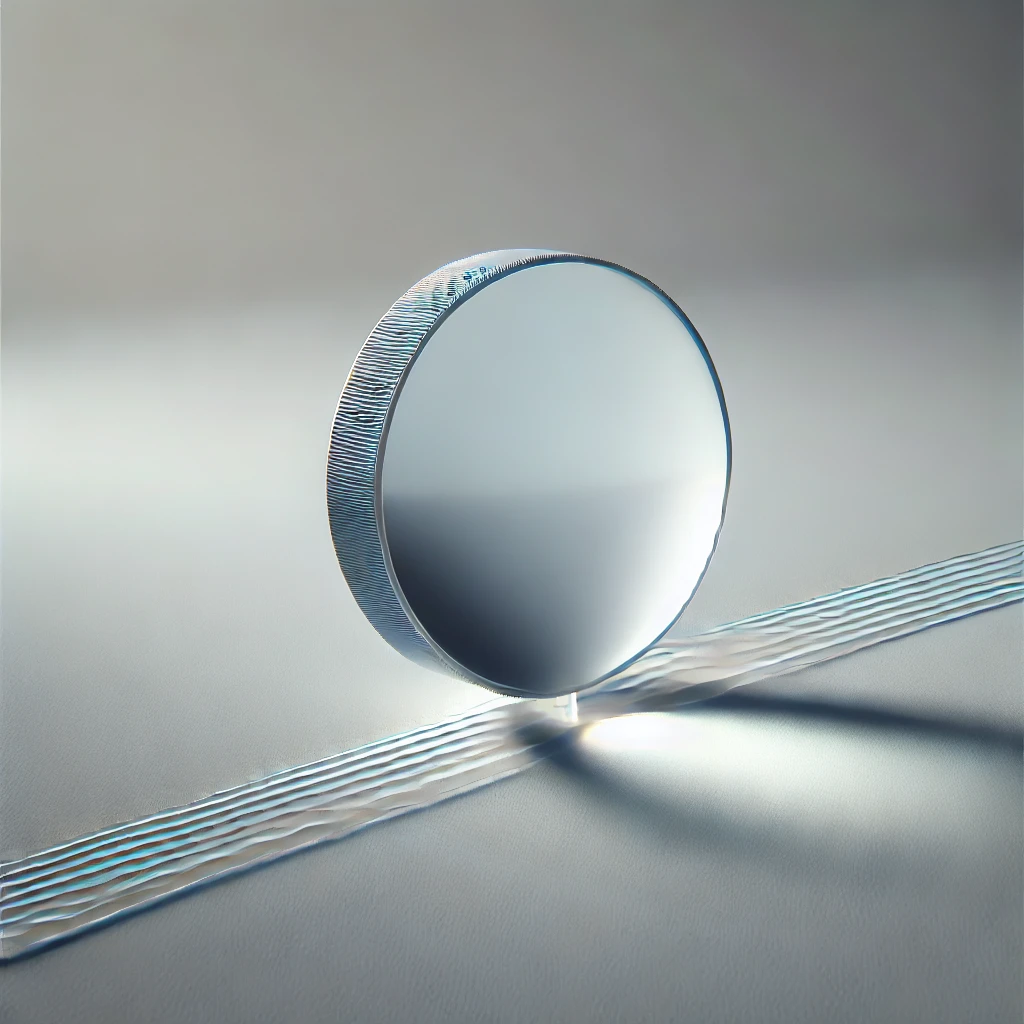
Notch Optics specializes in advanced coatings tailored for plastics, utilizing state-of-the-art deposition methods and custom designs to meet diverse project requirements worldwide.
Design Phase
Our experienced engineers collaborate closely with customers during the design phase, considering production volume, budget, and performance criteria to develop tailored solutions. Notch Optics provides expertise in thin film design, packaging, and fixturing recommendations.
Preparation
Notch Optics's skilled technicians handle customer-supplied substrates with precision, offering capabilities for low- to high-volume production runs. Advanced cleaning equipment and production methods ensure meticulous care for substrates ranging from large polycarbonate lenses to delicate fiber optic assemblies. Our clean room facilities meet stringent requirements for wafer surface quality, fiber optics, and high-power laser components.
Coating Process
With 16 vacuum deposition systems, Notch Optics delivers high-quality results for both production and prototype needs. Computer-controlled processing maximizes efficiency and consistency in coating application.
Quality Assurance
Every coating undergoes rigorous testing to ensure adherence to internal and customer specifications. Our metrology equipment includes Perkin Elmer Spectrum 100 Optica, Cary 5000 spectrophotometers, and customized inspection stations tailored to customer requirements. Notch Optics's quality management system is ISO 9001:2015 certified, with our quality assurance manual available upon request.
Adhesion Coatings
Notch Optics emphasizes strong adhesion coatings crucial for optical plastic applications. Factors such as substrate-coating interaction, microstructure, and residual stresses influence bond strength. Our expertise in PVD and thermal spray methods ensures coatings with optimal adhesion characteristics, meeting diverse application demands.
Polycarbonates and Acrylics
Notch Optics excels in coating polycarbonate and acrylic substrates at temperatures below 50°C, ensuring excellent adhesion and durability. We accommodate standard and custom shapes, including polygons and visors, widely used in medical devices, lighting, projection, and display applications.
High-Quality Plastic Coatings from Notch Optics
With over 23 years of experience, Notch Optics remains at the forefront of precision optical coatings. Our ongoing innovations in vacuum deposition technology, supported by government contracts and research grants, enable us to offer competitive pricing, personalized service, and unmatched technical expertise globally.
Contact Us
Notch Optics is committed to being your trusted partner in film coating solutions. Contact us today to discuss your next project and benefit from our industry-leading capabilities.
Types of coatings for plastics
- Hard Coatings: These coatings are typically used to increase scratch resistance and protect plastic components from wear and tear. They are often applied to items like lenses, displays, and automotive parts.
- Anti-Reflective Coatings: Used to reduce glare and reflections on plastic surfaces, making them ideal for screens, displays, and optical components.
- Anti-Fog Coatings: Designed to prevent the formation of fog on plastic surfaces in environments with high humidity or temperature changes, commonly used in eyewear, goggles, and automotive mirrors.
- UV-Resistant Coatings: These coatings protect plastic parts from the damaging effects of UV radiation, helping to maintain their appearance and structural integrity over time.
- Conductive Coatings: Used to make plastic surfaces conductive for applications in electronics and anti-static packaging, these coatings prevent the buildup of static electricity.
Applications of Coatings for Plastics
- Automotive Industry: Coatings are used on plastic parts like headlights, dashboards, and interior trim to improve their appearance, durability, and resistance to scratches and UV damage.
- Consumer Electronics: Applied to plastic components of devices like smartphones, tablets, and laptop screens to enhance scratch resistance, reduce glare, and protect against fingerprints.
- Medical Devices: Coatings are used on plastic medical instruments and devices to improve chemical resistance, durability, and sterilization compatibility.
- Optical Components: Hard and anti-reflective coatings are often applied to plastic lenses in eyewear, cameras, and microscopes to enhance clarity and scratch resistance.
- Packaging: Conductive and anti-static coatings are applied to plastic packaging materials to prevent damage to sensitive electronic components.
Benefits of Coatings for Plastics
- Improved Performance: Enhances the functional properties of plastic parts, such as resistance to wear, chemicals, and UV light.
- Aesthetic Value: Provides a better appearance with options for different finishes and textures.
- Increased Longevity: Protects plastic components from environmental damage, extending their useful life.
Coatings for plastics are essential in many industries to make plastic parts more robust, versatile, and visually appealing while protecting them from environmental and physical stresses.

